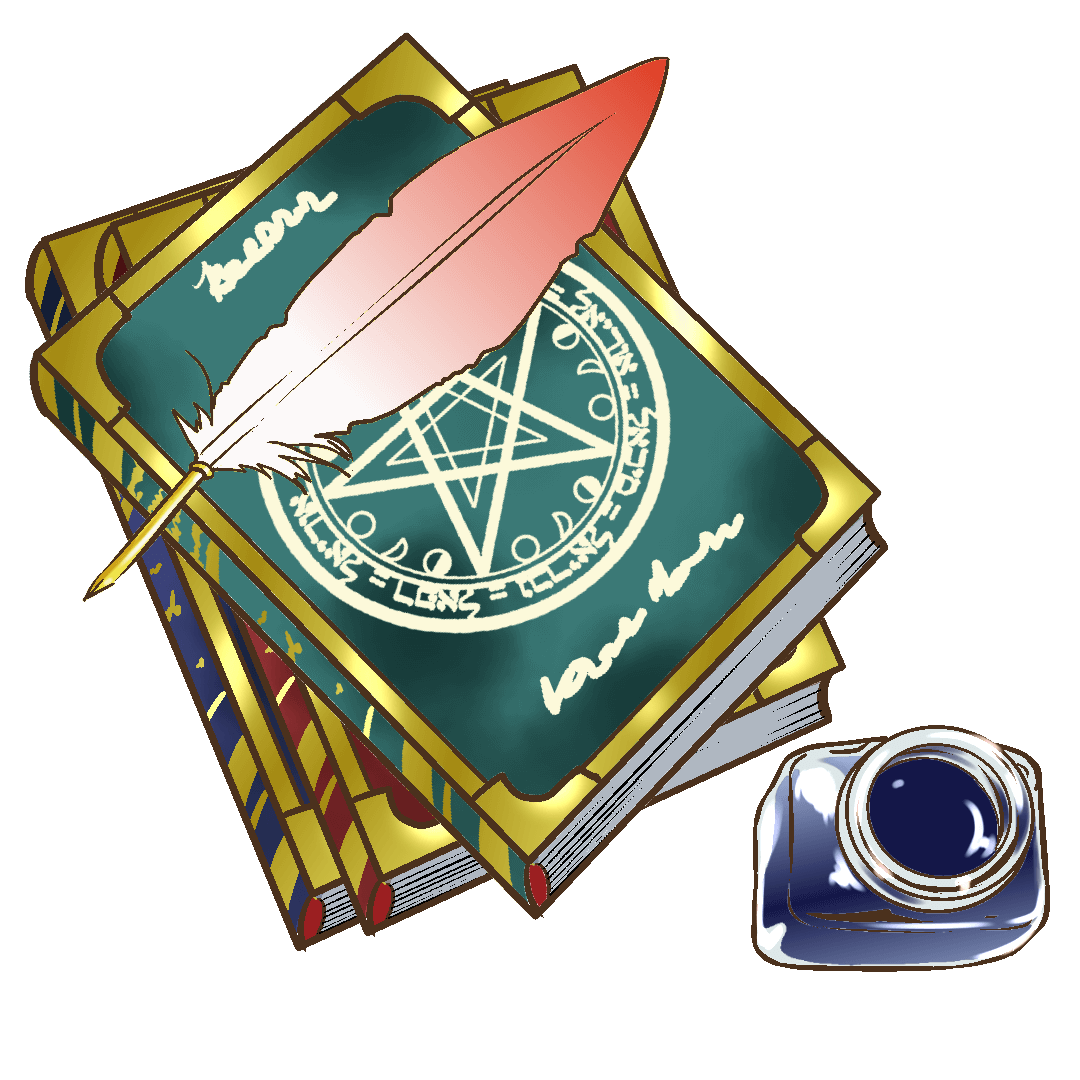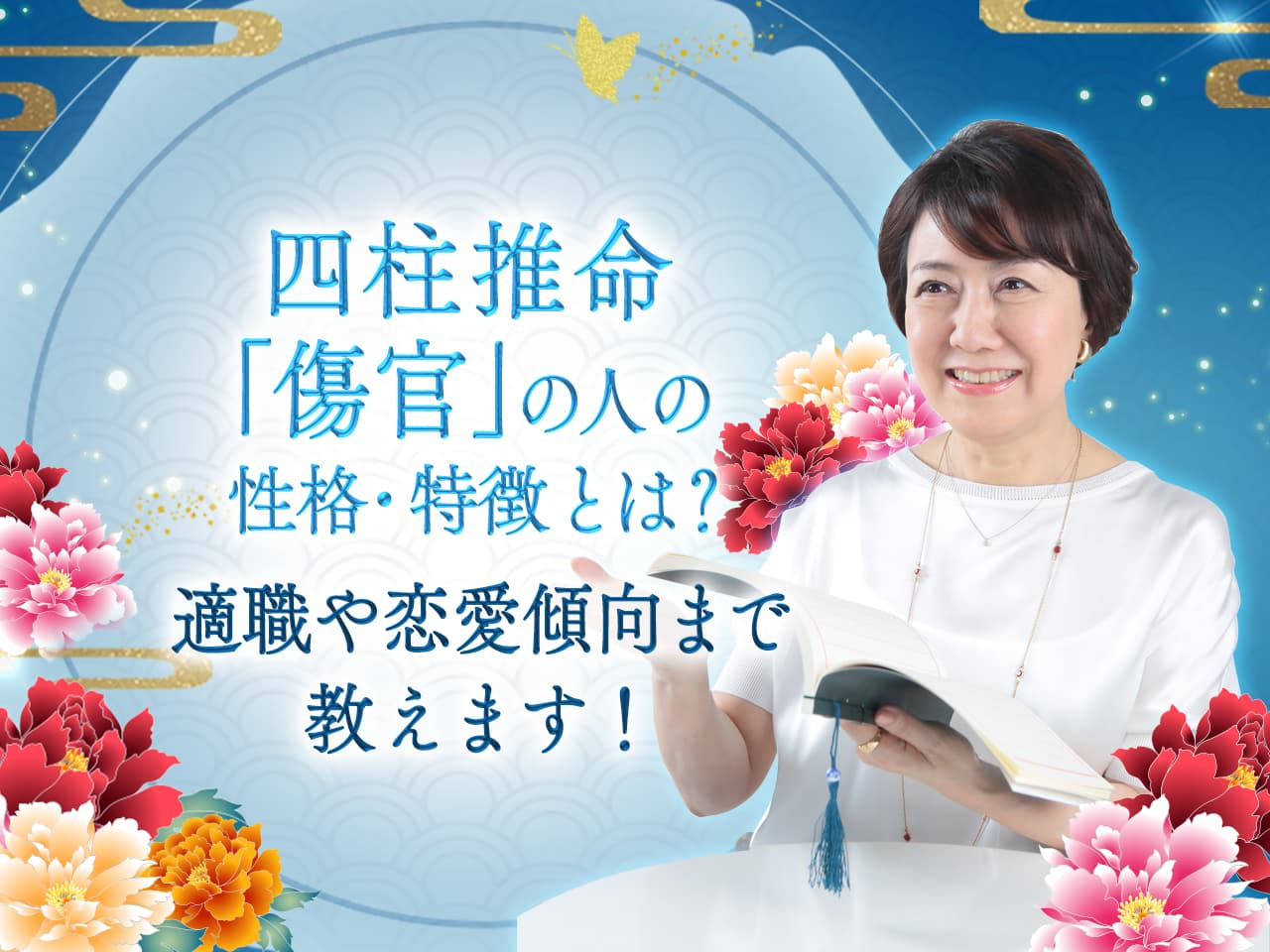Unleashing The Rebel: Understanding Shōkan In Four Pillars Destiny
In the intricate world of Four Pillars of Destiny, or Bazi, few stars spark as much fascination and debate as Shōkan (傷官). Often translated as "Injuring the Officer" or "Hurting the Official," this enigmatic element is far more than its literal, seemingly negative name suggests. It represents a powerful, often unconventional force within an individual's chart, embodying sharp intellect, profound creativity, and an innate drive to challenge the status quo. Understanding Shōkan is key to unlocking a deeper appreciation of one's inherent nature, talents, and potential life path.
Shōkan is one of the Ten Gods (or Ten Transformations, Tsūhensei in Japanese), which are derived from the interactions between the Heavenly Stems and Earthly Branches in a person's birth chart. These Ten Gods provide a nuanced psychological and behavioral profile, offering insights into personality, relationships, career, and overall destiny. Shōkan, in particular, points to a unique blend of brilliance, sensitivity, and a rebellious spirit that can lead to extraordinary achievements or significant challenges, depending on how its energy is harnessed and balanced within the chart.
Table of Contents:
- What is Shōkan (傷官)? Decoding the Rebel Star
- The Dual Nature of Shōkan: Strengths and Challenges
- Shōkan in the Bazi Chart: Placement and Interpretation
- Shōkan and Its Interactions with Other Ten Gods
- Navigating the Shōkan Cycle: Periods of Influence
- Cultivating the Shōkan Energy: Turning Challenges into Triumphs
- Shōkan in Modern Contexts: Career Paths and Personal Growth
- Expertise, Authority, and Trustworthiness in Bazi Interpretation
What is Shōkan (傷官)? Decoding the Rebel Star
At its core, Shōkan is one of the Ten Gods in Four Pillars of Destiny, a sophisticated system of Chinese metaphysics used to analyze a person's fate and destiny based on their birth date and time. The Ten Gods are derived from the relationship between the Day Master (the Heavenly Stem of the Day Pillar, representing the self) and the other elements in the chart. Specifically, Shōkan represents the element that the Day Master produces, but with an opposite Yin-Yang polarity. For instance, if your Day Master is Yang Wood (甲), then Yin Fire (丁) would be your Shōkan, as Wood produces Fire, and Yin Fire is the opposite polarity of Yang Wood.
The literal translation of 傷官 (Shōkan) as "Injuring the Officer" or "Hurting the Official" provides a crucial clue to its nature. In Bazi, the "Officer" (官, Guan) typically represents authority, government, rules, societal norms, and even one's spouse or career. Therefore, Shōkan inherently carries an energy that challenges, questions, and sometimes even defies these established structures. It signifies a strong anti-establishment spirit, a natural inclination to scrutinize power, expose injustice, and push against conventional boundaries. This makes individuals with prominent Shōkan a force for change, often at the forefront of new ideas and movements.
Beyond its confrontational aspect, Shōkan is also known as the "Star of Expression" or the "Unconventional Star." It embodies a powerful urge to express oneself, often through unique and innovative means. This expression isn't always gentle or diplomatic; it can be direct, critical, and even blunt. This star signifies a sharp intellect, keen observation skills, and a remarkable ability to perceive flaws or discrepancies that others might miss. It's the energy of the visionary, the artist, the inventor, and the critic – someone who sees the world differently and isn't afraid to voice their perspective, even if it goes against the grain. Its presence in a chart suggests a dynamic personality, often with a flair for the dramatic and a desire to leave a distinctive mark on the world.
The Dual Nature of Shōkan: Strengths and Challenges
Like all elements in Bazi, Shōkan is neither inherently "good" nor "bad." Its manifestation depends heavily on its strength, balance within the chart, and interaction with other Ten Gods. It possesses a spectrum of qualities, offering immense potential for brilliance alongside significant challenges.
The Bright Side: Gifts of the Shōkan Star
Individuals with a strong or well-balanced Shōkan often possess an extraordinary array of positive traits. They are typically highly intelligent, quick-witted, and possess a sharp, analytical mind. Their observational skills are unparalleled, allowing them to grasp complex concepts quickly and identify subtle nuances that others overlook. This makes them excellent strategists, planners, and problem-solvers. Creativity flows naturally from them, manifesting in various forms, from artistic expression to innovative solutions in science or business. Many scholars, literati, artists, and inventors have a prominent Shōkan in their charts, as it is considered a "star of elegance" or "talent." For example, ancient Chinese Zīpíng texts note that "Summer Wood seeing Fire, Winter Metal seeing Water" are particularly elegant manifestations of Shōkan, highlighting its connection to refined talent and beauty.
Furthermore, Shōkan imbues a strong sense of idealism and justice. People with this star have an innate aversion to unfairness, corruption, and hypocrisy. They possess the courage and spirit to defy authority when they perceive it to be unjust or oppressive. This makes them natural advocates, whistleblowers, and pioneers who are not afraid to challenge the status quo for the greater good. Their desire for achievement, fame, status, and wealth can be incredibly strong, acting as a powerful motivator. When Shōkan produces wealth (傷官生財), it signifies a strong drive to acquire resources to satisfy these desires, often through innovative and daring ventures. This explains why many successful entrepreneurs and risk-takers have a strong Shōkan in their charts, as they are "daring investors, risk-takers" who are not afraid to "pioneer" new territories.
Interestingly, Shōkan is also associated with physical attractiveness. Many individuals with a strong Shōkan are noted for their sharp, captivating beauty. This is particularly emphasized for those with a Metal Day Master and Shōkan, who are often described as "exceptionally beautiful." This aesthetic quality often complements their expressive and talented nature, making them naturally captivating.
The Shadow Side: Pitfalls of Shōkan's Influence
While powerful, Shōkan's energy can also be challenging if not properly managed or if it is imbalanced in the chart (e.g., "excessive" or "deficient"). The rebellious spirit, if unchecked, can lead to constant conflict with authority figures, employers, or even societal norms. Their outspoken nature, while honest, can sometimes be perceived as blunt, critical, sarcastic, or even arrogant, leading to strained relationships. They may be intolerant of minor discrepancies or imperfections, leading to frustration for themselves and others.
People with Shōkan are often described as highly sensitive and delicate, easily hurt by casual remarks or perceived slights. They tend to overreact to situations, and their emotions can be unstable, leading to frequent disputes or misunderstandings, especially when Shōkan directly clashes with the Direct Officer (正官). This particular configuration, "Shōkan seeing Direct Officer" (傷官見官), is often considered problematic in classical Bazi, indicating potential for legal troubles, career setbacks, or relationship conflicts, as it represents a direct challenge to order and stability. The individual might struggle with emotional stability, leading to "frequent disputes."
The intensity of Shōkan's desires, if not channeled constructively, can lead to an "extreme" personality. This means they might push boundaries too far, engage in risky behavior, or become overly self-absorbed in their pursuit of goals. The analogy of Shōkan as a "wild wolf" perfectly encapsulates this dual nature: "noble and pure, yet constantly giving and receiving wounds." Like an adolescent, they can be "sensitive, easily hurt, rebellious," and prone to internal and external conflicts.
Shōkan in the Bazi Chart: Placement and Interpretation
The interpretation of Shōkan's influence is highly dependent on its placement within the Four Pillars (Year, Month, Day, Hour) and its strength relative to other elements in the chart. Each pillar represents a different aspect of life and a different period of time, adding layers of nuance to the Shōkan interpretation.
Shōkan in the Hour Pillar: Later Life Dynamics
When Shōkan appears in the Hour Pillar, which typically represents one's later life (after age 40), children, and overall legacy, its influence tends to manifest more strongly in maturity. In this position, the individual's unique personality and expressive talents may fully blossom in their later years. They might find their true calling or achieve significant breakthroughs in their chosen field after mid-life. This placement suggests that their creative and innovative spirit, as well as their tendency to challenge norms, might become more pronounced or find more constructive outlets as they gain wisdom and experience. It can indicate a period where their individuality shines brightly, leading to notable achievements or a distinctive personal style that gains recognition. The "good manifestations" of Shōkan, such as sharp observation and planning ability, can be fully realized, leading to significant contributions in their later career or personal pursuits.
The Shōkan Structure (傷官格): A Dominant Influence
A "Shōkan Structure" (傷官格, Shōkankaku) occurs when Shōkan is the most prominent or powerful element in a Bazi chart, often appearing as the main hidden stem of the Month Branch (月支元命), which represents one's core personality and destiny. Individuals with a Shōkan Structure are deeply imbued with its characteristics. They are typically highly intelligent, talented, and possess an intense drive for self-expression. However, they are also "very sensitive, easily hurt, and quite delicate." They have a tendency to "overreact to casual remarks," making them prone to emotional ups and downs. Their critical nature can be amplified, leading to a constant need to point out flaws or challenge authority. While this can make them brilliant innovators and reformers, it can also lead to isolation or conflict if they don't learn to temper their bluntness and manage their sensitivity. The strengthening of Shōkan through combinations like San-Go (三合) or Ho-Go (方合) further amplifies these traits, making the individual's Shōkan energy even more dominant.
Shōkan and Its Interactions with Other Ten Gods
The true complexity of Shōkan lies in its interactions with the other Nine Gods in a Bazi chart. These relationships can either mitigate its challenging aspects, amplify its strengths, or create new dynamics.
One of the most significant interactions is **Shōkan producing Wealth (傷官生財)**. As mentioned in the provided data, "Shōkan is a star of strong desire for achievement, fame, status, wealth, sex." When Shōkan produces Direct Wealth (正財) or Indirect Wealth (偏財), it signifies a powerful drive to materialize these desires. This combination indicates a person who is highly capable of using their intelligence, creativity, and unconventional thinking to generate wealth. They are often resourceful and can spot opportunities where others see none. However, if this desire becomes excessive, it can lead to a single-minded pursuit of material gain, potentially at the expense of other values.
The most discussed and often problematic interaction is **Shōkan seeing Direct Officer (傷官見官)**. The Direct Officer (正官) represents order, discipline, rules, and authority. When Shōkan, the rebel star, directly confronts the Direct Officer, it creates a volatile dynamic. This configuration can lead to emotional instability, frequent disputes, challenges with authority figures, and potential legal issues or career setbacks. It signifies a constant internal or external battle between the desire for freedom and expression (Shōkan) and the need for structure and compliance (Direct Officer). For this combination to be considered auspicious, classical texts speak of "Shōkan injures completely" (傷官傷盡), meaning Shōkan is so overwhelmingly strong that it completely dominates and "injures" the Direct Officer, thereby transforming the negative potential into a noble and highly respected quality. In such a rare case, the individual becomes an unparalleled expert or a figure who transcends conventional rules due to their sheer brilliance and unique contribution.
Comparing **Shōkan with Eating God (食神)** is also insightful. Both are "leaking elegance" stars (洩秀之星), meaning they represent the outflow of one's energy, talent, and expression. However, they differ significantly. Eating God (食神) is characterized by a more conservative, gentle, and slow expression of talent. It's about enjoying life, nurturing, and a steady flow of creativity. Shōkan, on the other hand, is fast, direct, and loves to "show off," fearing "not being noticed." It's about making a statement, being unconventional, and pushing boundaries. While Eating God is more about quiet enjoyment and passive creation, Shōkan is about active, sometimes provocative, expression and innovation. When both Shōkan and Eating God are present and strong, especially if they are excessive (食傷星が大過), it can lead to "over-sensitive nerves," making the individual highly perceptive but also prone to anxiety or overthinking.
Finally, the presence of **Companion Star (比肩)** supporting Shōkan is also notable. Companion Star represents peers, siblings, and self-reliance. When it supports Sh

【傷官・正官】が四柱推命の命式にある人の特徴|通変星の組み合わせ|優しい四柱推命

【傷官・正官】が四柱推命の命式にある人の特徴|通変星の組み合わせ|優しい四柱推命

四柱推命「傷官」の人の性格・特徴とは?適職や恋愛傾向まで教えます! | 中園ミホ公式占いサイト※無料占いあり